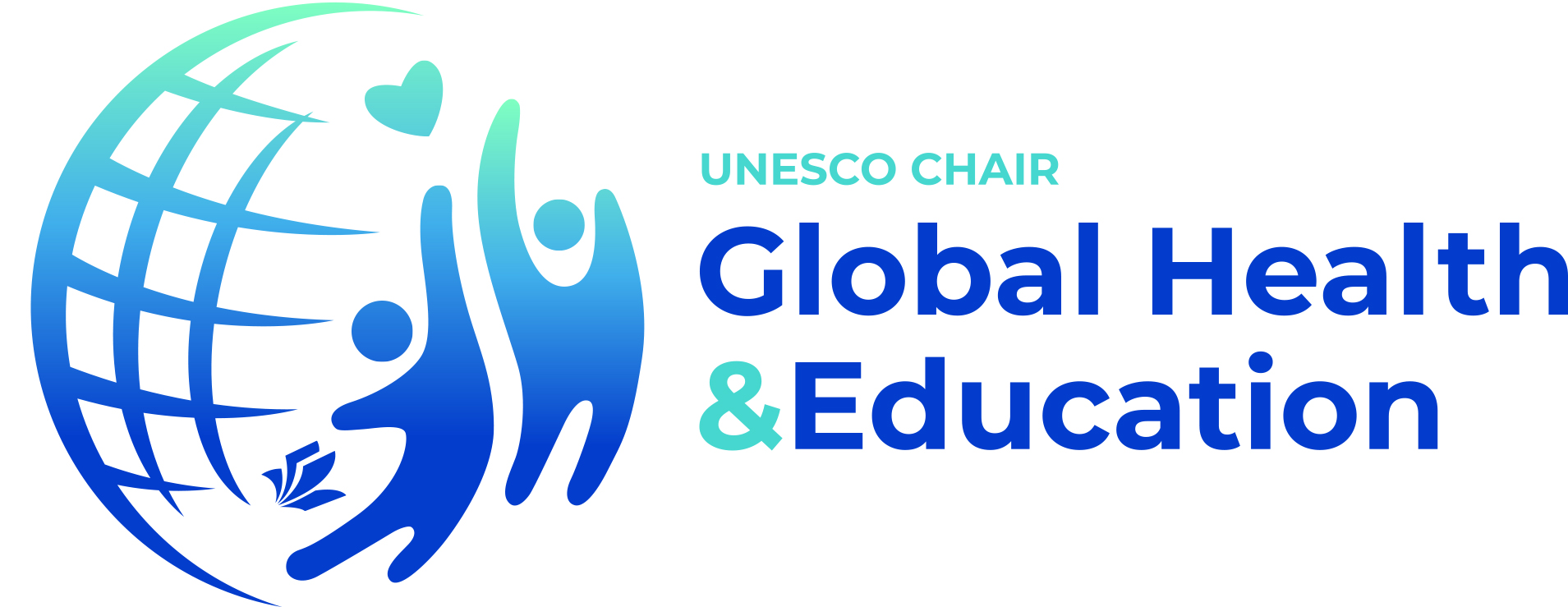We are entering in a new phase of the pandemic, the reopening of the schools in countries where they have been closed. These nationwide and localized closures are impacting over 90% of the world’s student population (around 1.3 billion children and young people). Reopening schools is not an easy thing to do, although at this stage of the pandemic in most countries it is a priority because the impact of closure is massive. Depending on the socioeconomic context, the cultures of the countries, the concrete mechanisms of the reopening differs.
Sharing strategies on school reopening
Since this pandemic is unique so as the extend of closure, there is a crucial need for sharing information about the local and national strategies in different contexts. That’s why the UNESCO Chairs and WHO Collaborating Centre on Global Health and Education together with the Schools for Health in Europe network foundation (SHE) and the EUPHA Health Promotion Section have launched a knowledge sharing process on school reopening.
The first results from the survey on school reopening are now available. Go to preview survey school reopening. The results are also published in the article “Co-operation and consistency: a global survey of professionals involved in reopening schools during the COVID-19 pandemic“.
Reopening schools: an intersectoral strategy
Reopening schools is a strategy that is intersectoral by nature. All stakeholders must be involved: education and health professionals, students, parents, policy makers… Research shows that regardless of school opening and closing instructions, absenteeism of both students and professionals can be very high during epidemics due to both illness and voluntary withdrawal. With regard to distancing measures, it appears that while activities and contacts decrease, they do not cease. It is necessary to empower everyone to understand why schools are being closed or reopened when the ‘war’ against the virus is not won. After an acute phase in which the priority is to protect the capacity of hospital emergency and resuscitation services, it may be necessary to allow everyone to have a more operational vision of the epidemic for their own daily lives. Two approaches are suggested:
- Firstly, it is not reasonable to push forward a magical vision of resolving the crisis with a miracle drug or a vaccine. There is no guarantee that such a treatment will be available on the short term. It will therefore be necessary to learn to live with the virus, as is the case with other coronaviruses, HIV and Ebola. The epidemics of SARS, MERS, HIV/AIDS and Ebola disease have not been brought under control by medical treatments but mainly by screening and population-based approaches to protection. They call for citizen skills.
- Secondly, in order to understand how to live with the virus, it seems important to help everyone understand that we are in an adaptive process linked to the dispersion of a virus within human populations. At the end of this process, a new balance will be established without the virus disappearing, but its transmission will be limited. If a vaccine can be developed, it will ensure the immunization of the population while minimizing the risks.
When classes reopen, it will probably be necessary to put the epidemic at a distance and focus on other topics. However, because of the anxiety-provoking context that we are familiar with, it will also be essential for pupils to be able to reinforce their knowledge of microorganisms (and not only viruses), to develop their representations towards a more ecological vision of the relationship between the microbial living world and health, to work on the media and critical thinking, to see their well-being taken into account…
Inventory of scientific data, guidelines and practices
The results of the first survey are published in the article “Co-operation and consistency: a global survey of professionals involved in reopening schools during the COVID-19 pandemic“.
The preliminary findings of the survey can also be found on our website:



